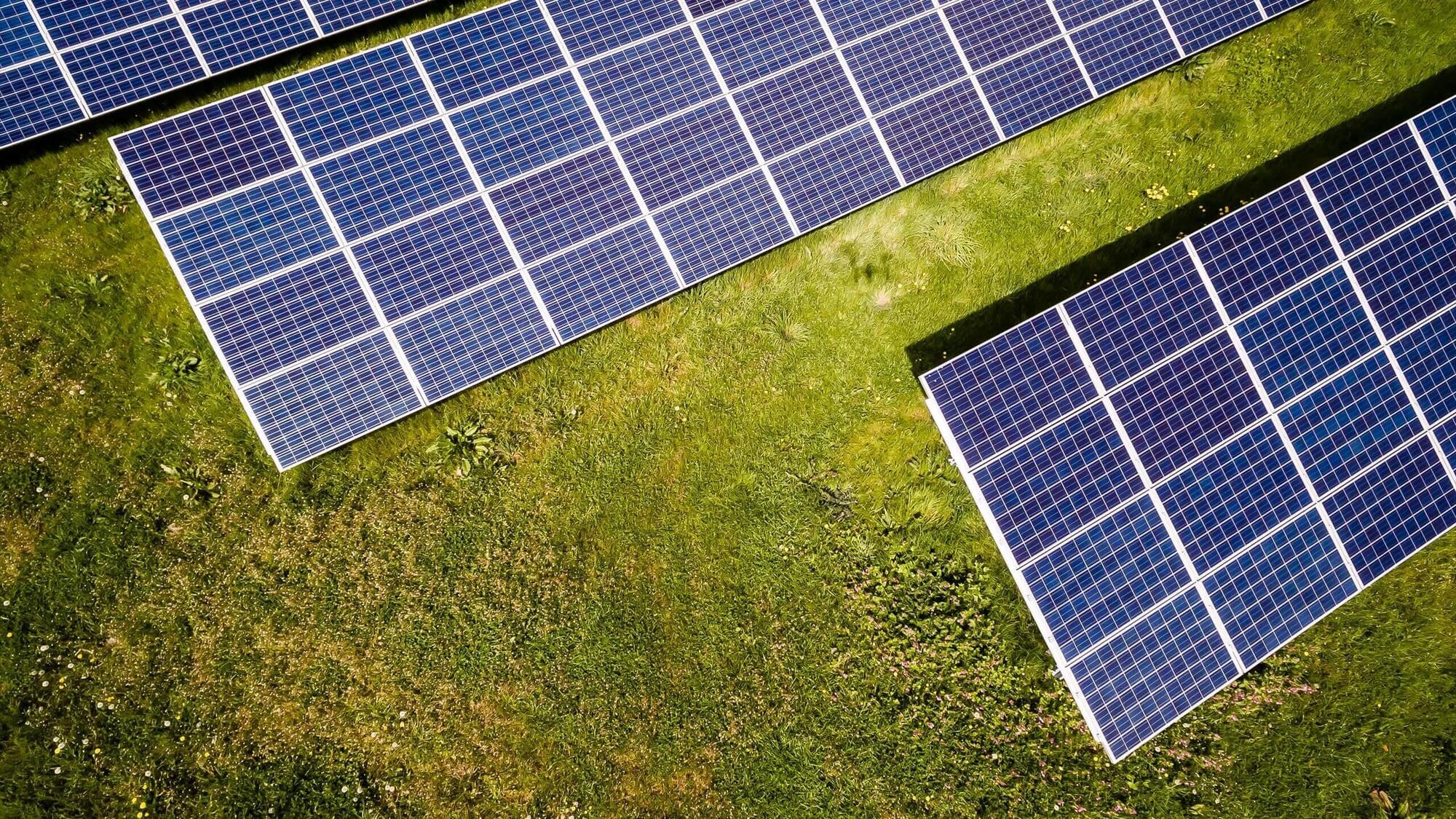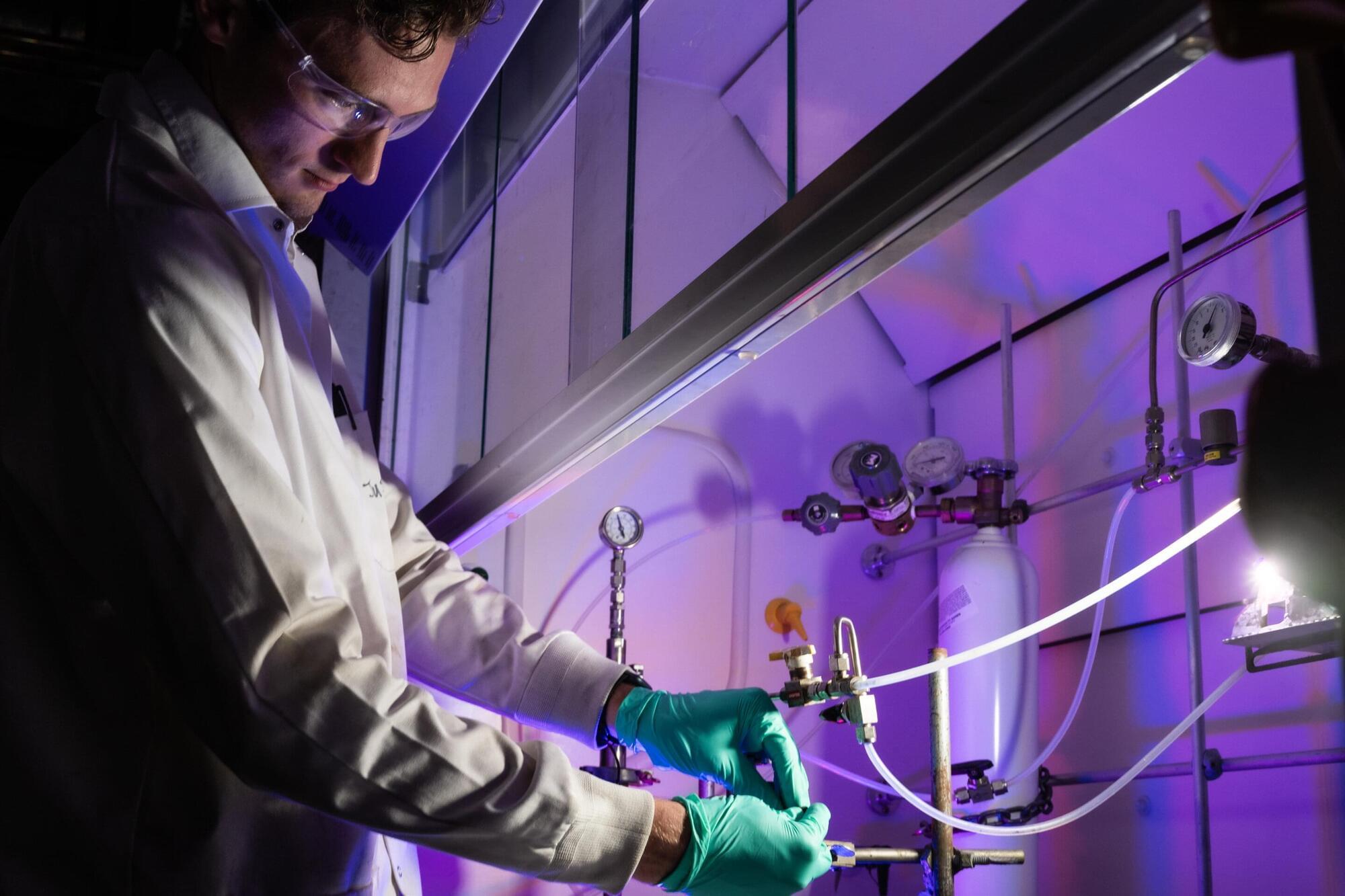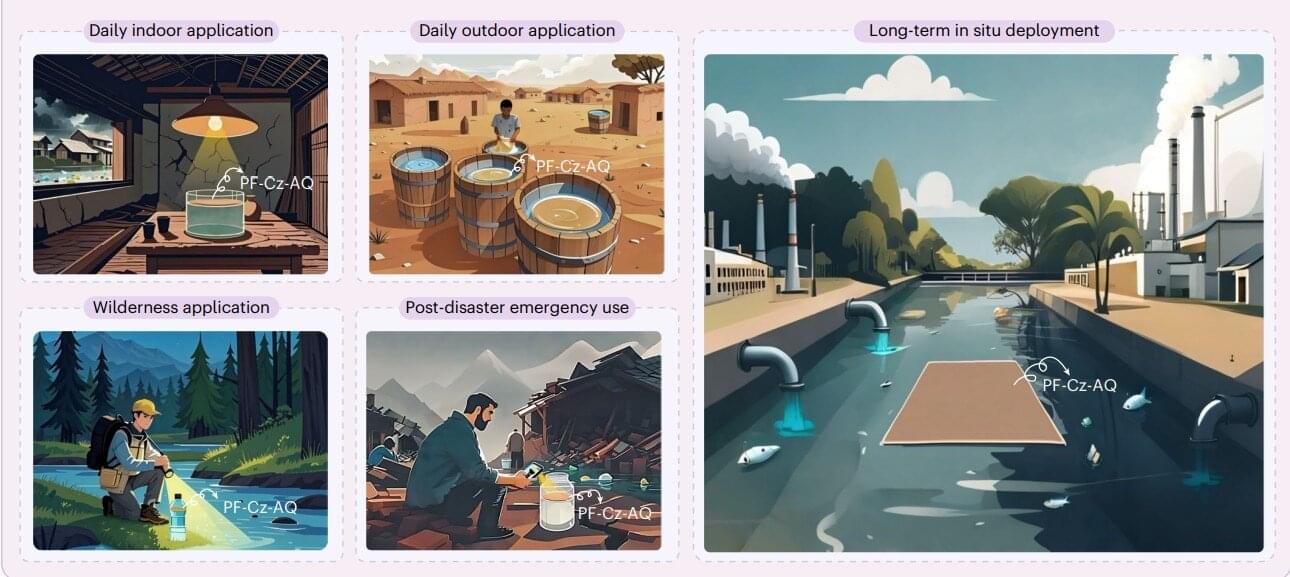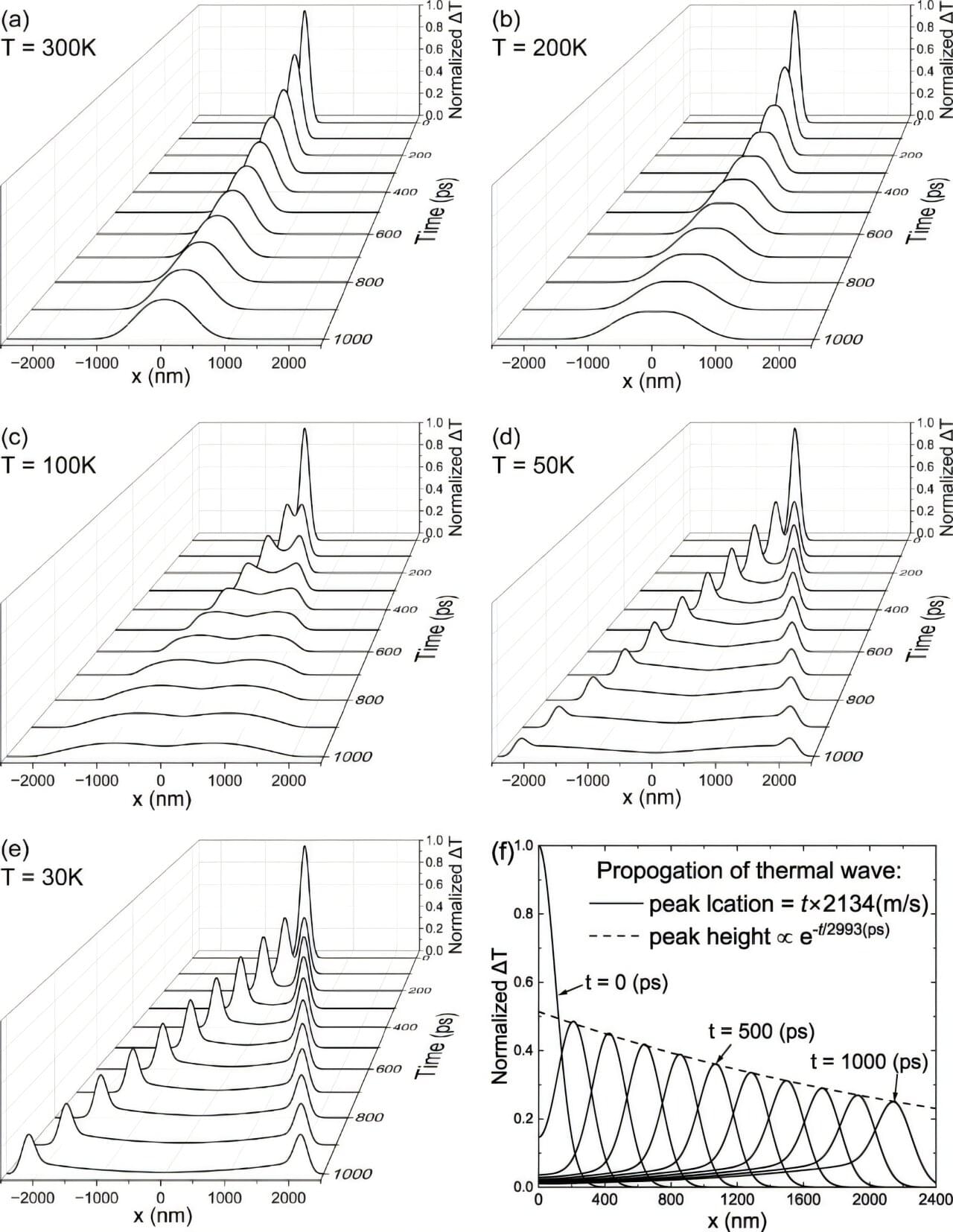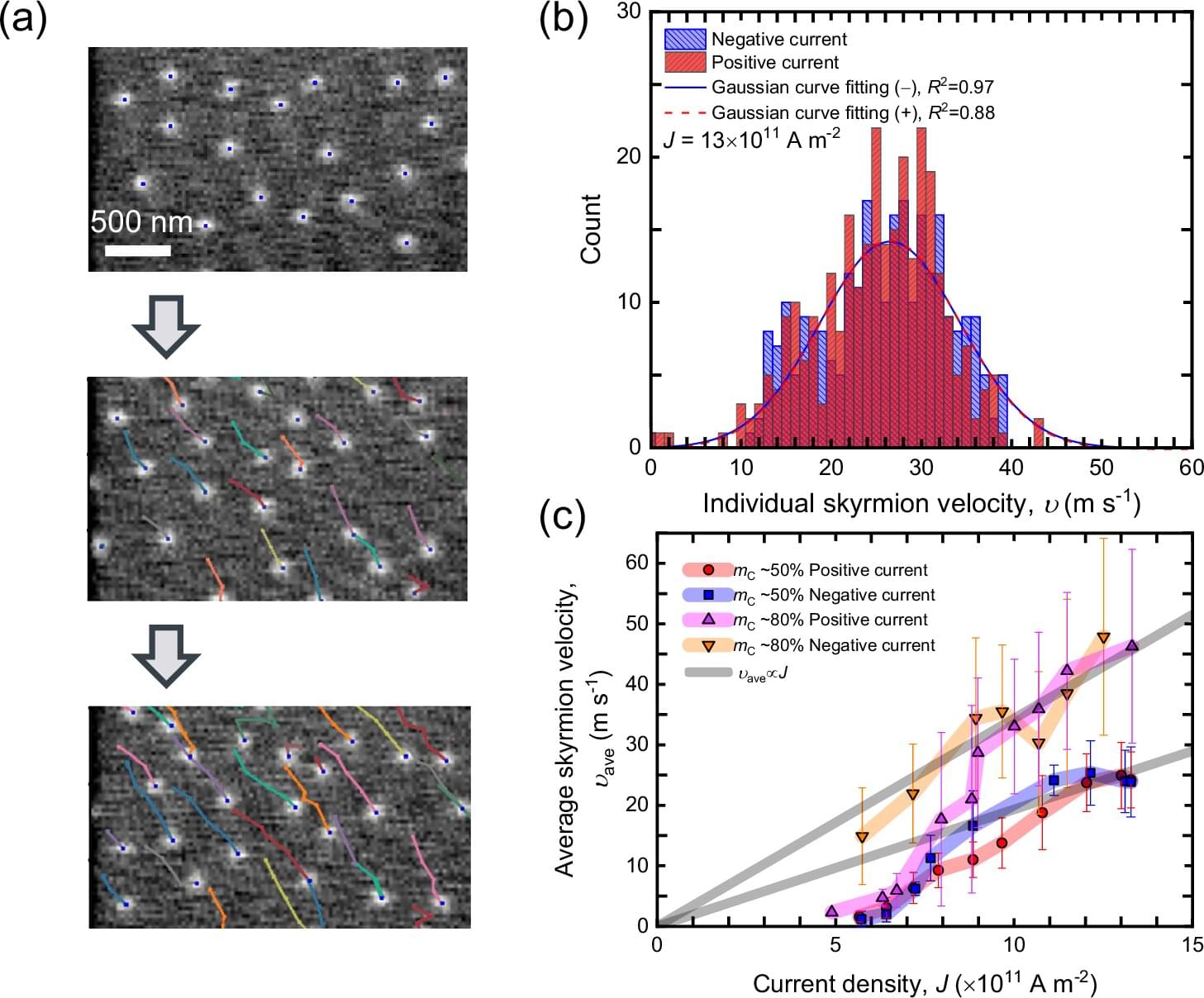A research team led by Kyushu University has developed a new fabrication method for energy-efficient magnetic random-access memory (MRAM) using a new material called thulium iron garnet (TmIG) that has been attracting global attention for its ability to enable high-speed, low-power information rewriting at room temperature. The team hopes their findings will lead to significant improvements in the speed and power efficiency of high-computing hardware, such as that used to power generative AI.
The work is published in npj Spintronics.
The rapid spread of generative AI has made the power demand from data centers a global issue, creating an urgent need to improve the energy efficiency of the hardware that runs the technology.

